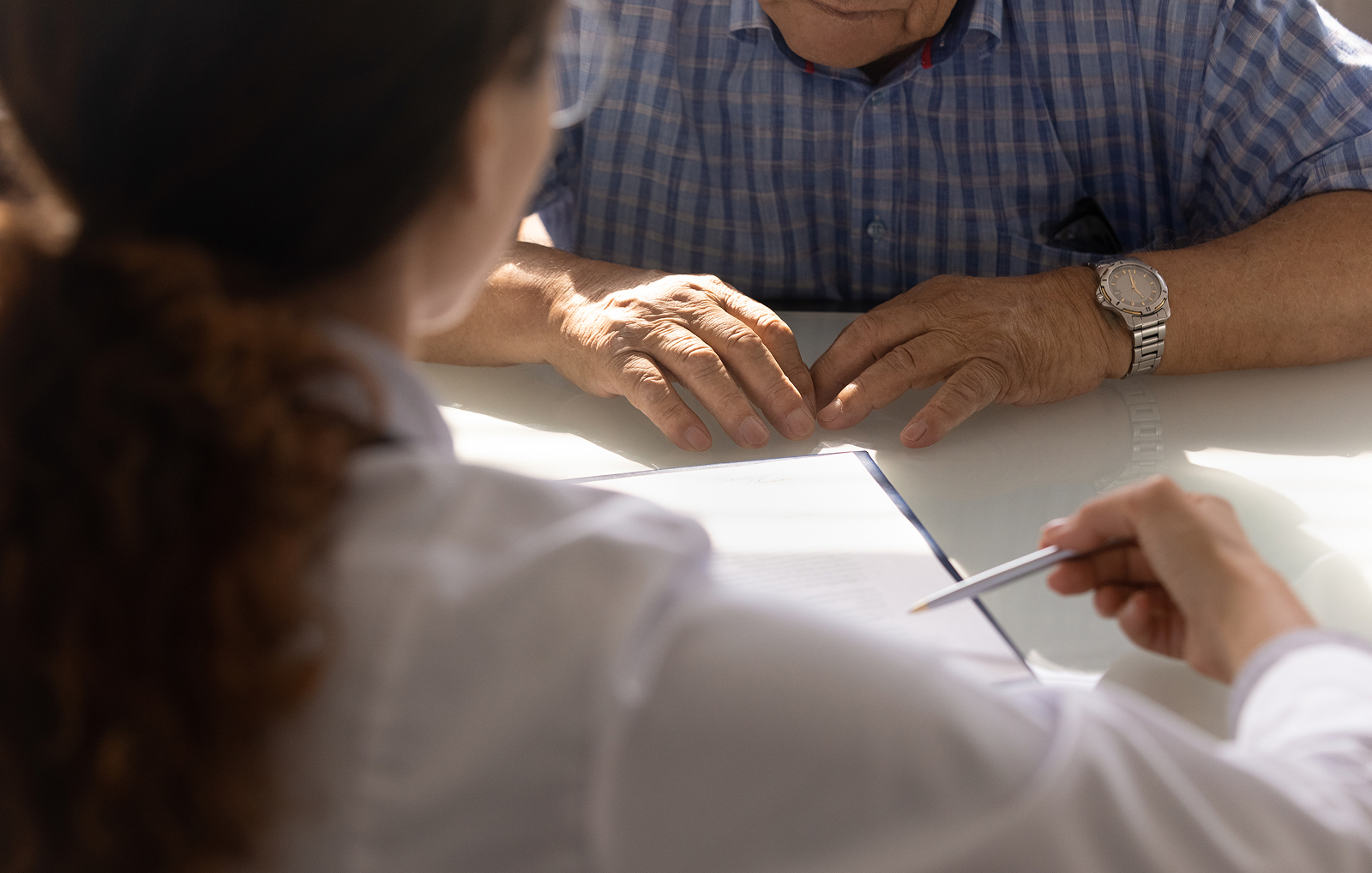
Here’s a clear guide to what typically happens in the NHS once your GP sends a referral, and how to stay informed along the way.
After your consultation, your GP will either send the referral electronically or through the NHS e-Referral Service (eRS). This usually includes:
That hospital, rather than your GP, decides your appointment date. Your GP provides all the necessary information for the specialist team to assess and triage the referral.
Once your referral reaches the hospital, it doesn’t go straight into the booking system. A clinician from the specialist team reviews it first. This is called clinical triage, and it helps them decide:
Not every referral results in an immediate in-person appointment. Some are redirected to diagnostics, virtual reviews, or community services if that’s more efficient.
3. You receive an appointment offer
Once triaged, the hospital will usually contact you by letter, text message, phone call, or through the NHS App, if you use it.
Waiting times vary by speciality and location. Some clinics have availability within weeks; others take longer. If you’re offered more than one option (for example, a choice of hospitals), choose the one that works best for you, especially when considering travel and the possibility of follow-up appointments.
If you haven’t heard anything after a few weeks, you can contact the hospital booking team directly. Have your NHS number handy if possible.
Specialists often want certain tests completed first, so your initial appointment is more productive. These may include:
If you’re sent for tests, it doesn’t mean your condition is more serious; it simply helps the specialist get a clearer picture of your condition.
Once your date is confirmed, you can prepare by noting:
Specialist appointments are often short, and many patients feel overwhelmed. You don’t need to rely on memory; you can use apps like Mirror to take notes for you.
At the appointment, the specialist will:
You might feel like you’re repeating yourself from previous appointments, but go with it. It’s important that each clinician hears your story from you. Be honest about how symptoms affect your daily life, as this often shapes what happens next as much as test results do.
Following your consultation, the specialist writes a letter summarising what was discussed. This is usually sent to both you (either by post or through the NHS app) and your GP.
It will include your diagnosis if one was made, test results if available, and your agreed treatment plan. If you’re expecting follow-up tests, another appointment, or treatment, make sure you know who will contact you and when. If you’re unsure, ask the clinic before you leave.
If your symptoms worsen or something new develops while waiting for the appointment or test results, you should contact your GP. They can:
You’re not expected to wait silently if your condition changes.
After your GP refers you to a specialist, several steps occur behind the scenes, including triage, test requests, appointment booking, and clinical review. Understanding the process helps you stay informed, know when to follow up, and feel more confident about what’s coming next.
Disclaimer
This article is for educational purposes only and should not be used as a substitute for medical advice. Always speak to your doctor, nurse or pharmacist about your individual care. The information reflects NHS and NICE guidance at the time of publication.